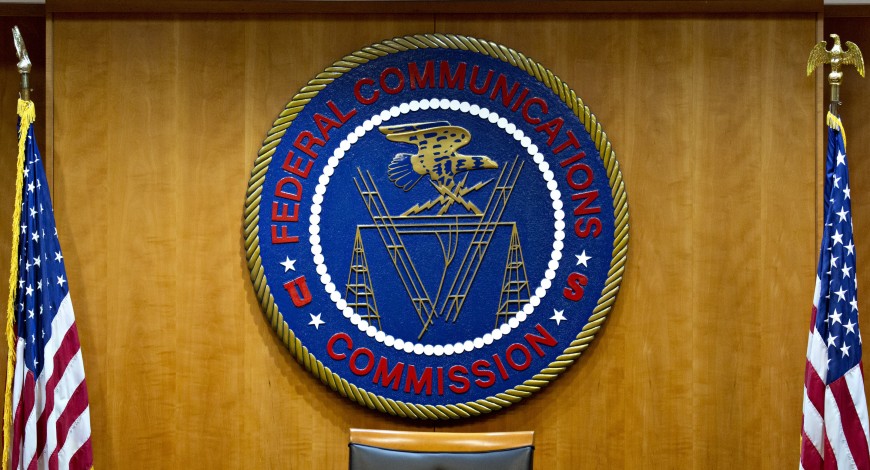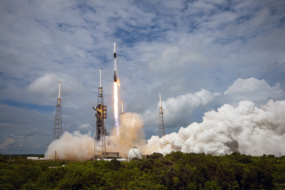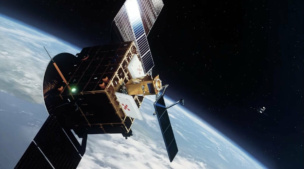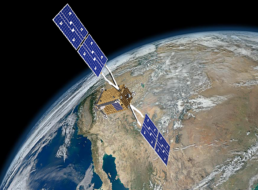The Federal Communications Commission is building a new home for space activities. Last week, FCC Chairwoman Jessica Rosenworcel revealed a new plan to split the International Bureau into two distinct offices: the Office of International Affairs and the Space Bureau.
The thought process: “A new Space Bureau at the FCC will ensure that the agency’s resources are appropriately aligned to fulfill its statutory obligations, improve its coordination across the federal government, and support the 21st century satellite industry,” Rosenworcel said.
Until now…The International Bureau has been responsible for licensing any satellite, American or not, that transmits data within the nation’s borders. But as the space industry has grown, the office has become overwhelmed by new licensing applications—64,000 in the past two years, the chairwoman said.
The FCC has also fallen into the role of creating debris mitigation policy—a power that has been disputed. Recently, the FCC revised its 25-year deorbiting guideline to instead require operators to deorbit defunct satellites within 5 years post-mission. This drew mixed reactions from Congress. Many members, including leaders from the House Space, Science, and Technology committee, criticized the FCC for creating policy that lay outside its mandate.
With a Space Bureau, the FCC would double down on new debris mitigation responsibilities and allocate more resources to satellite application processing. Rosenworcel emphasized in comments last week that the formation of a Space Bureau wouldn’t entail new authorities in space for the FCC. Rather, the bureau would help the FCC better allocate resources where they’re needed most.




